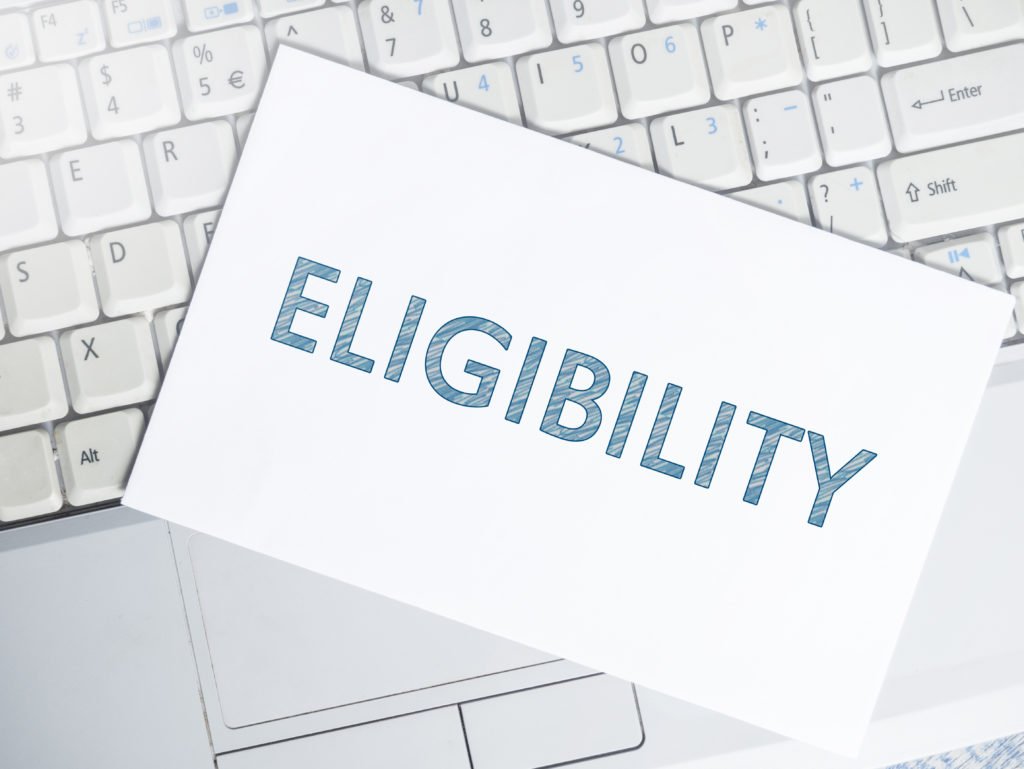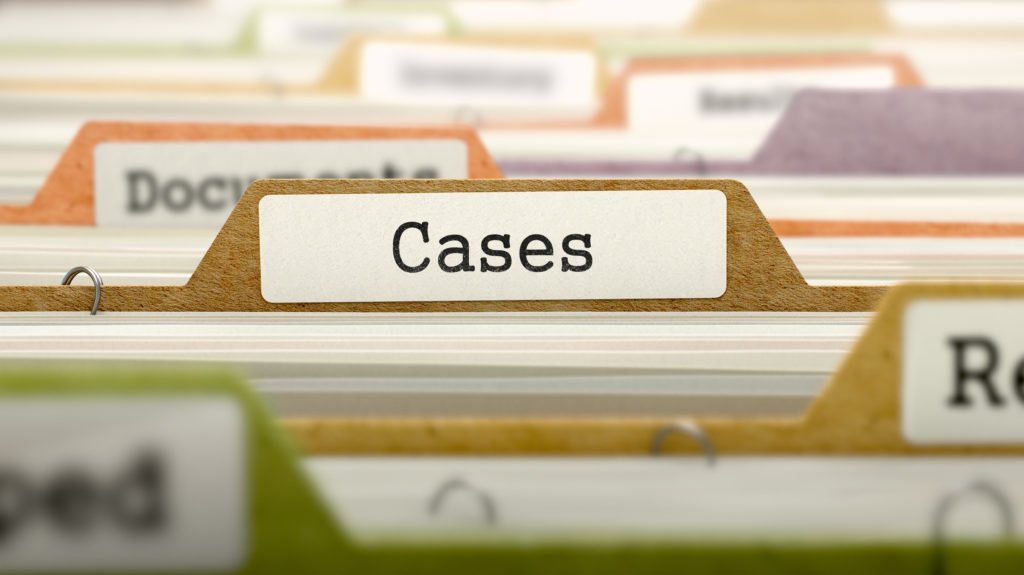small Business administration 8(a) Certification

The most coveted certification that most business owners are seeking to help them increase their potential chances of success is the Small Business Administration (SBA) 8(a) certification. In order to gain access to highly lucrative corporate and government contracts, it’s important that you obtain relevant certification beforehand.
A small business certification is roughly the same when compared to your own personal certificate. In other words, it will provide you with a certain status and privilege that will allow further your business development. Simultaneously it allows you to compete for different types of government contracts.
In order to gain access to government and corporate contracts, you must obtain the proper certification. A small business certification is much like a personal certification. It provides you with a special status that will help your business compete for government contracts.
If you are a small business owner you could be missing out on a lesser-known revenue stream – “set-aside” contracts. Government agencies, along with corporations that do business with the government, are mandated by law or corporate policies to spend approximately 20% of their budget with small disadvantaged companies.
An Invaluable Certification

For socially and economically disadvantaged small businesses, the Small Business Administration offers the 8(a) Business Development Program. This certification is invaluable for struggling businesses in developmental stage. As it opens up the door to enable them privileged access to government contracting opportunities.
As the purchasing agent for the government, the U.S. General Service Administration (GSA) has an annual procurement spending that runs into the tens of billions. The GSA seeks to establish long-term government contracts with commercial firms to provide access to millions of commercial products and services at volume-discount pricing.
The Small Business Administration (SBA) offers the 8(a) Business Development program to assist small businesses. Businesses that are owned by individuals who are considered socially and economically disadvantaged. This is done by providing them access to government contracting opportunities.
Set-Aside Contracts: Your Ticket to the Mainstream

If you already own a small business, then you might be missing out on a really profitable, but less-known, revenue stream that is often known as “set-aside” contracts. Many government agencies, along with large corporations in the private sector that work with various government agencies, are mandated by law and their corporate policies to spend a certain portion of their budget with small disadvantaged companies.
This is the part where the Small Business Administration (SBA) comes into the picture. Basically, it offers the 8(a) Business Development program that is more commonly referred to as the 8(a) certification. This certificate has been created to empower and assist certain small business enterprises.
It applies only to disadvantaged businesses that are owned by individuals that are considered economically and socially disadvantaged by the government. The core purpose of this certificate is to provide its recipients much needed access to various government contracting opportunities, especially at the federal agencies level.
Eligibility Criteria

As a general rule, to be considered eligible for approval into the 8(a) Business Development program and become duly certified. Consequently it is imperative that your small business must be owned, controlled (and operated) by at least 51 percent of socially and economically disadvantaged American citizens. This is the primary objective when it comes to eligibility criteria. Other criteria are more subjective and include demonstrative potential for business success, as well as sound character.
The federal government defines social disadvantage as individuals who have been subjected to racial or ethnic prejudice or cultural bias because of their identity as members of a group. Black Americans, Hispanic Americans, Native Americans, Asian Pacific Americans and Subcontinent Asians are the five ethnic groups that are considered automatically disadvantaged. Furthermore they are not required to provide further proof of their social disadvantage.
All other groups such as women owned small businesses, veterans, or individuals of Middle Eastern decent are not presumed to be automatically disadvantaged. Thus are therefore required to ask for special permission through a waiver.
The federal government defines economic disadvantage as those that experience difficulty competing compared to other businesses because of diminished capital and credit opportunities. Specifically, the economically disadvantaged individual’s net worth, after excluding the individual’s equity in the firm and the equity in the primary residence, may not exceed $250,000. If you own other businesses, houses, a 401k, stock, jewelry or other personal assets, you will be required to disclose them as part of the SBA 8(a) review process.
How Do I Know if I’m Eligible?

The 8(a) certification requirements include:
- The business must be majority-owned (51% or more) by an individual(s).
- The individual(s) must be an American citizen.
- The business must be majority-owned (51% or more) and controlled/managed by socially and economically disadvantaged individual(s).
- The individual(s) controlling and managing the firm on a full-time basis must meet the SBA requirement for disadvantage, by proving both social disadvantage and economic disadvantage.
- The business must be a small business.
- The business must demonstrate potential for success.
- The principals must show good character.
- Separate eligibility requirements exist for a business that is owned by American Indians, Native Alaskans, Native Hawaiians or Certified Development Companies
Technical Skills And Expertise
One of the critical elements that the SBA reviews when considering if a small business is a good fit for the 8(a) certification is whether or not the disadvantaged owner has the business or technical skills. Thus if they have expertise needed to successfully operate his or her business. Any work in industries that require a special state-issued license in order to provide services. The following services require the owner to be active and held socially and economically disadvantaged:
- Trucking,
- Plumbing,
- Electrical,
- Construction,
- Engineering,
- Dentists,
- Physicians,
- Hair dressers,
- Veterinarians,
Case-By-Case Basis

The SBA will consider on a case-by-case basis a business in which only an employee holds the critical license rather than the socially and economically disadvantaged owner. All other core qualifications must be met without issue and the owner must have a strong working knowledge of the field. Enough to direct the person with the license.
Owners with a desk-only or office-only role in the business will not be considered as he or she must have the technical expertise to lead the external team. In these instances, it is critical that the business owner has a strong work history in the field.
The way I generally explain it to clients is: If someone called in sick, could the socially and economically disadvantaged owner take their place? These types of individuals, though not always on the sites, are the types of owners that the certifying agencies like the SBA are looking to approve.
Main Advantages of this Certification

Once certified, you will be eligible to attend specialized business training and counseling sessions. You will also have access to marketing assistance and multiple executive development programs that have been provided by the SBA and their resource partners.
An 8(a) business is also eligible to receive sole source contracts, going up to $6.5 million for manufacturing and $4 million for goods and services. In addition to the above, any 8(a) certified business can also form various joint ventures and teams in order to bid on contracts. This will enhance your ability to not only successfully compete for but also execute larger prime contracts.
Licensed professional consultants can provide technical assistance through the whole application process. Once certified, you can utilize your certification to bid for federal contracting programs either in an individual capacity or with the help of your fellow certificate holding businesses.
What else should I know about the 8(a)?
Many 8(a) applicants become ineligible for the program due to the $250,000 net worth limit. This limit is defined as a personal net worth of $250,000 or less, excluding the equity in a personal residence or the business itself.
A firm will be automatically declined if the firm, its owner, manager, partners, LLC member, director, or officer lacks business integrity. Any legal issues such as indictments, guilty pleas, convictions, judgments, settlements. In extreme cases if they are currently incarcerated, on parole or probation (either pre-trial or following conviction for felony or any crime involving business integrity). The 8(a) program is also a “one-time only” eligibility program.
The SBA considers the business’ potential for success based on the following:
- Managerial Expertise – The socially/economically disadvantaged owner must show that he or she has the highest level of experience among all owners and employees. It is critical to have the technical and managerial experience needed to show that the socially/economically disadvantaged owner can make decisions without the influence of others.
- Employees/ Licenses – Businesses must be able to document all employee salaries and the socially/economically disadvantaged owner must be the highest paid and hold all required state licenses.
- Firm’s operating history – Businesses must have been operational for at least two full years as evidenced by business income tax returns for each of the two previous tax years. Which show operating revenues in the primary industry in which the applicant firm is seeking 8a certification.
- Strong operating capital – Businesses must be able to demonstrate that they have enough cash on hand to successfully pay for bills 2 or 3 months if they had no incoming revenue. The ability of the firm to access credit and capital is critical in determining that a firm is a good fit for 8(a) certification.
- Financial Capacity – Businesses must show that they have operated with a profit for a minimum of 3 years to be considered for 8(a) certification. Businesses with high debt or large accounts receivable are not traditionally a good fit for 8(a) certification.
- Record of Performance – Businesses should have a strong portfolio of candidates/contracts (six or more is recommended) to show that they do not rely too heavily on any one contract.
Conclusions

By having a better understanding of the 8(a) certification, its benefits and requirements, you should be able to determine if your small business would qualify for this extremely beneficial certification. Please contact BizCentral USA to assist you in preparing the 8(a) certification process and we will prove to be a valuable asset for years to come.
The post SBA 8(A) Certification For Acquiring Contracts appeared first on BizCentral USA.
